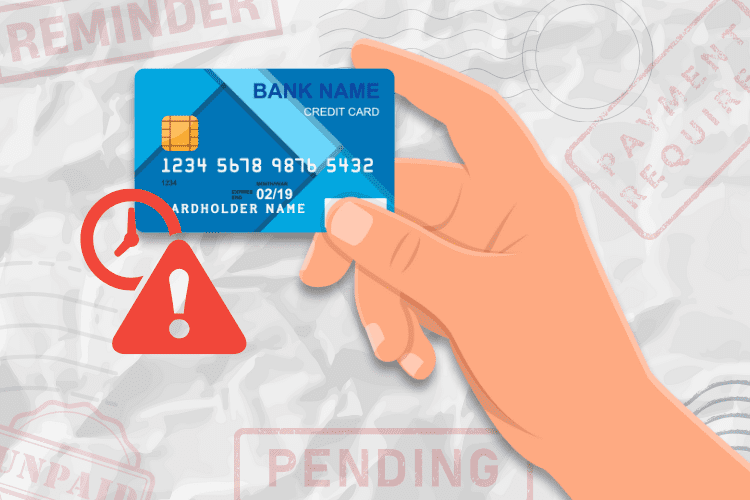“Bill of Rights” for Student Borrowers Gains National Attention

The “Consumer Bill of Rights” dominates how we spend our money for decades. The basic concept of the bill outlines the protections guaranteed to consumers, such as the right to be accurately informed and the right to choose between various products. It’s a concept derived from the Bill of Rights, the first set of amendments added to the constitution to protect the people from the government. Today, politicians and activists are calling for a bill of rights specifically for student loan borrowers.
43 million student borrowers collectively owe more than $1.4 trillion as of 2019. Some experts worry a student debt crisis is coming, and more protections for borrowers are long overdue. A few states already have student borrower bill of rights, and more are considering them. But what protections are borrowers looking for, and will anything change for them?
Student Borrower Bill of Rights
A handful of states – California, Colorado, Connecticut, Illinois, Maryland, Maine, New Jersey, New York, Rhode Island, and Washington – have some laws in place to protect student borrowers or regulate loan servicers. While there’s no one universal bill, most laws regulate:
- Complaints from borrowers through an ombudsman’s office
- The information borrowers share with lenders
- The information borrowers share with credit bureaus
Loan servicers are prohibited from misleading borrowers or leaving out critical information. Lenders can also be punished for not considering income-based repayment plans for buyers if relevant.
Student lending has been a highly criticized industry for years, suffering from a lack of oversight and malicious practices. A report from the Department of Education’s Inspector General’s Office found widespread mismanagement and little accountability. Student loan expert Adam Minsky said the report “is fresh evidence of the systematic failure of the federal student loan system.”
Recently, a coalition of 50 organizations penned a letter calling on the Massachusetts state legislature to pass a borrower bill of rights. The group includes national groups such as Consumer Reports and the Coalition for Social Justice, as well as a collection of Massachusetts colleges and student groups.
“With the increased financial instability brought by the present pandemic-induced economic crisis, it is more important than ever that borrowers know their rights; are protected by strong consumer guidelines; and understand the resources and tools available to assist them,” the letter says.
The letter also expands on the racial and gender disparities within student borrowing, stating that the burden of debt falls disproportionately on women and people of color.
What Comes Next?
In Massachusetts, the student loan bill of rights remains in committee in the state legislature. Considering the circumstances – a global pandemic and a nationwide reckoning on social issues – and the pressure, it seems likely this bill will pass in the Bay State. In fact, as the topic gains more national attention, some advocates hope that the federal government will take action. Many loan servicers work with the federal government, which complicates how effective state laws can be in regulating them.
Until recently, federal loan servicers felt that they could not be sued by states or individuals. In July, Pennsylvania Attorney General Josh Shapiro scored a huge win against Naviant, a massive federal student lender. Shapiro sued Naviant for misleading and leaving borrowers in the dark about better options, and a court ruled that states can in fact sue federal loan servicers.
It remains unlikely that any federal student borrower bill of rights will be introduced. However, more states could adopt measures over time. As more borrowers challenge loan servicers and more lawsuits like Shapiro’s play out, it’s more likely that other states will follow suit with their own bills of rights.
The Bottom Line
As it stands, student borrowers are largely defenseless to misleading and malicious tactics. Like we said earlier, there’s already evidence of mismanagement within the federal loan servicing system. This is not to say that every borrower is getting cheated or every lender is cheating, but the scales are clearly tipped in one direction. The current economic crisis is only exacerbating the existing problems, and borrowers are struggling.
Student borrower bills of rights could protect students, making their process less expensive and stressful. As the student debt crisis threatens to worsen, don’t be surprised if more states move forward with similar legislation.
Read More: What You Should Know About Changes to Income-Based Student Loan Repayments









